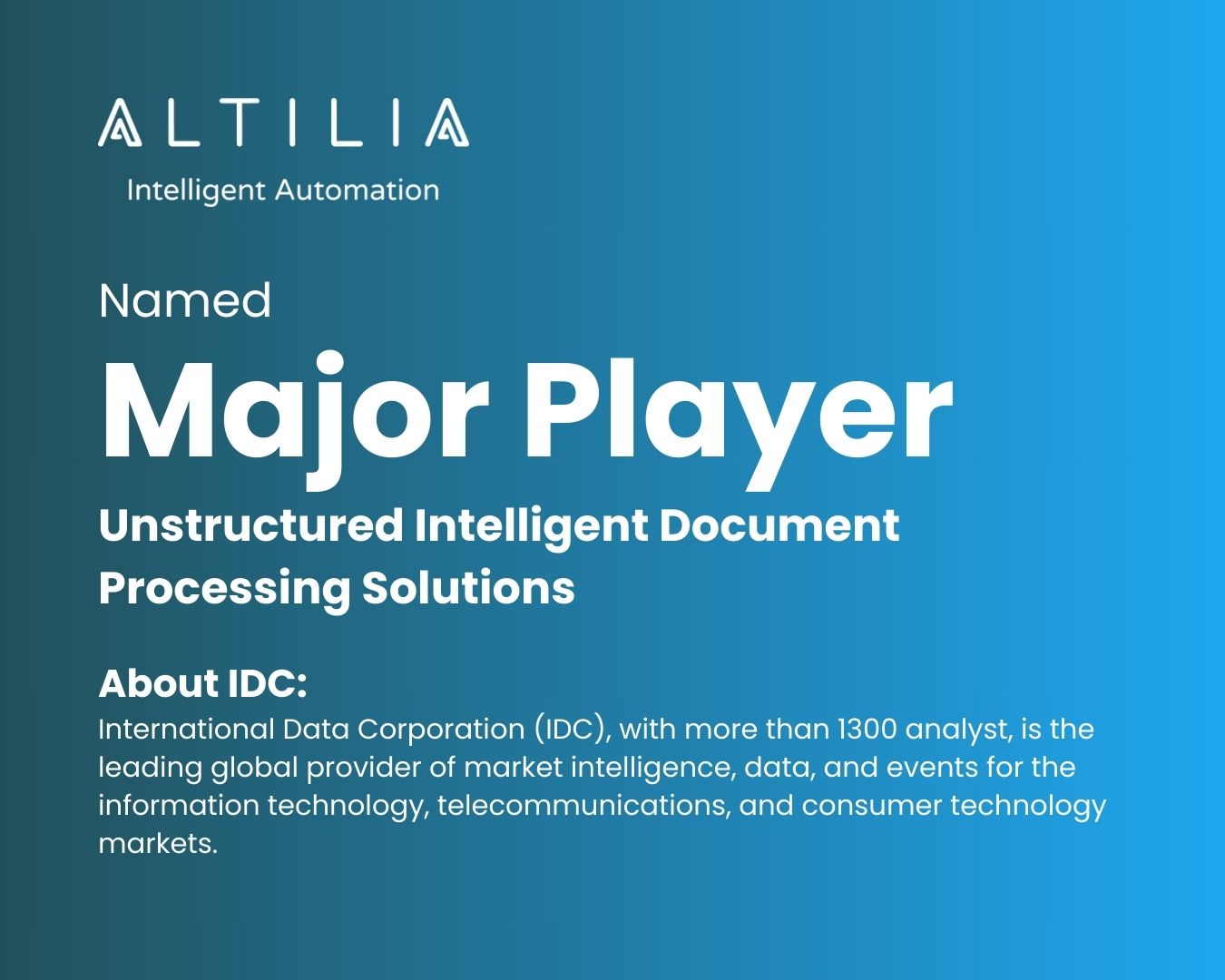As 2022 is coming to an end, we want to take a step back and have a look at the state of the industry of AI for business automation.
McKinsey has just published their “State of Artificial Intelligence 2022” report, based on a survey of from 1,492 participants representing the full range of regions, industries, company sizes, functional specialties, and tenures.
The report demonstrates the growth and importance of AI to organizations, with a set of companies seeing the highest financial returns from AI continuing to pull ahead of competitors.
The results show these leaders making larger investments in AI, engaging in increasingly advanced practices known to enable scale and faster AI development, and showing signs of faring better in the tight market for AI talent.
There were two key takeaways from this important report:
- AI adoption is increasing, and the market is growing.
- Emerging AI leaders are reaping the rewards.
AI adoption is increasing, and the market is growing
Global AI adoption is increasing: companies adopting AI in at least one business area increased by 2.5 times since 2017. The average number of AI capabilities used by organizations has increased from 1.9 in 2018 to 3.8 in 2022.
Investments in AI have also increased: % of companies whose digital budget went for more than 5% to AI increased from 40% in 2018 to 52% in 2022.
Most used embedded capabilities:
- Robotic Process Automation 39%
- Computer Vision 34%
- Natural Language Processing 33%
- Deep Learning 30%
- Knowledge Graphs 25%
- Reinforcement Learning 20%
- Transformers 11%
Altilia is exceptionally well positioned, since its offer is strong for both widely adopted embedded capabilities (RPA, Computer Vision, NLP) as well as new emerging capabilities whose value is not yet fully understood by the market but will become critical in the coming years (Knowledge Graphs, Reinforced Learning, Transformers).
With companies starting to understand the cross-functional potential of AI automation application, this also puts Altilia in a good position as the Altilia Intelligent Automation platform is designed to let customers leverage the same infrastructure to implement multiple use cases. This helps to increase the ROI of the platform over time.
Emerging AI leaders are reaping the rewards
McKinsey recognizes a group of “AI high performers”, a group of companies that are being particularly effective with the implementation of AI projects. Companies whose EBIT have increased more than 20% from the use of AI (8% of total respondents).
These high performers are more likely than others to follow ‘frontier’ core practices that unlock value:
- Adopting practices for AI development at scale (AI Ops).
- Embracing modular AI architecture to rapidly accommodate new AI applications.
- Introducing quality control procedures to provide high-quality data to feed AI algorithms.
- Leverage emerging low-code and no-code programs to speed up the creation of AI applications.
These AI high performers are also more likely than other companies to report that they engage in practices to mitigate AI related risks, testing the validity of models and monitoring them over time for potential issues.
Altilia is again well positioned since Altilia Intelligent Automation is designed to let customers ‘outsource’ the complexity of AI Ops, a topic we will investigate further in a subsequent blog post.
Our platform has a modular architecture and it allows to simplify the deployment of multiple AI applications, and it’s also designed as a low-code/no-code platform, to simplify the creation of AI applications.
It is important to understand that Altilia Intelligent Automation combines the use of Large Language Models (LLMs) with no-code technology, and this constitutes a breakthrough.
LLM are already popular and publicly discussed, but those are general purpose technology that doesn’t perform very well for specific business applications.
By utilizing Altilia’s no-code approach to AI models training, these ‘general purpose’ technologies can be fine-tuned by enterprises, to turn them into a ‘domain-specific’ technology.
This will allow businesses of all sizes to experience the benefits of LLM technology in their specific business applications, allowing them to obtain returns on AI investments, comparable to the “high performers” mentioned by McKinsey.




